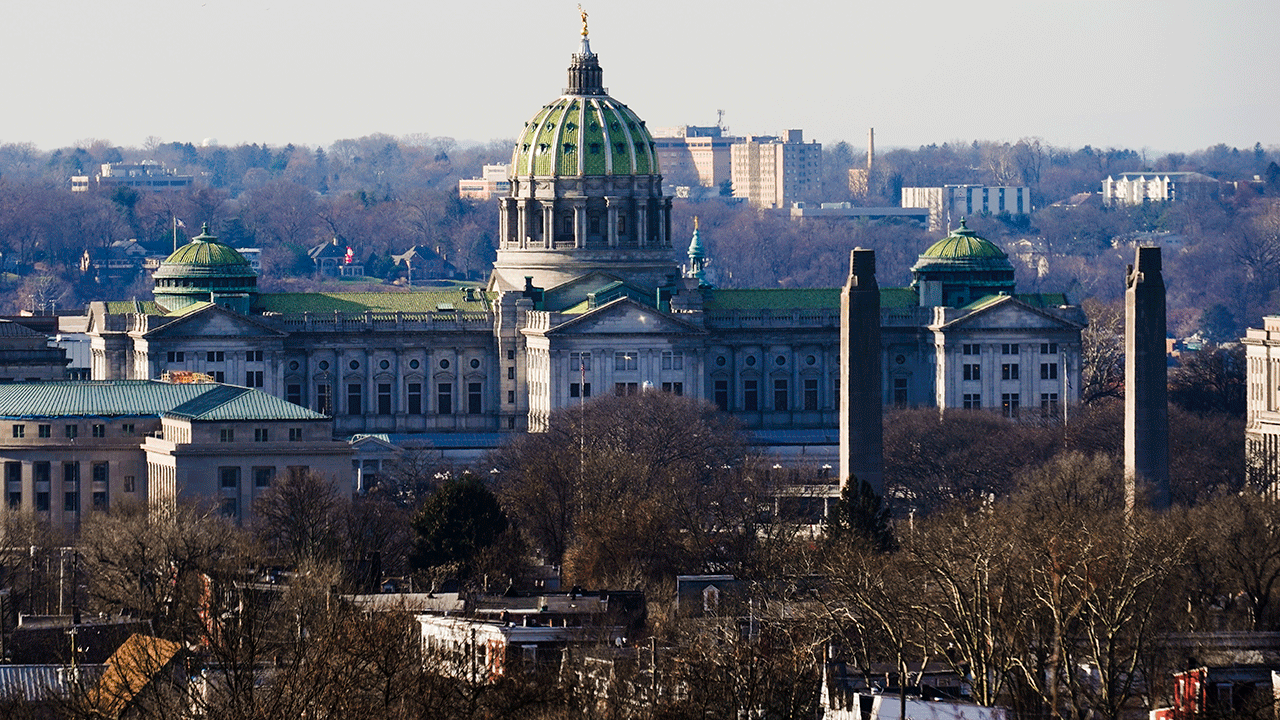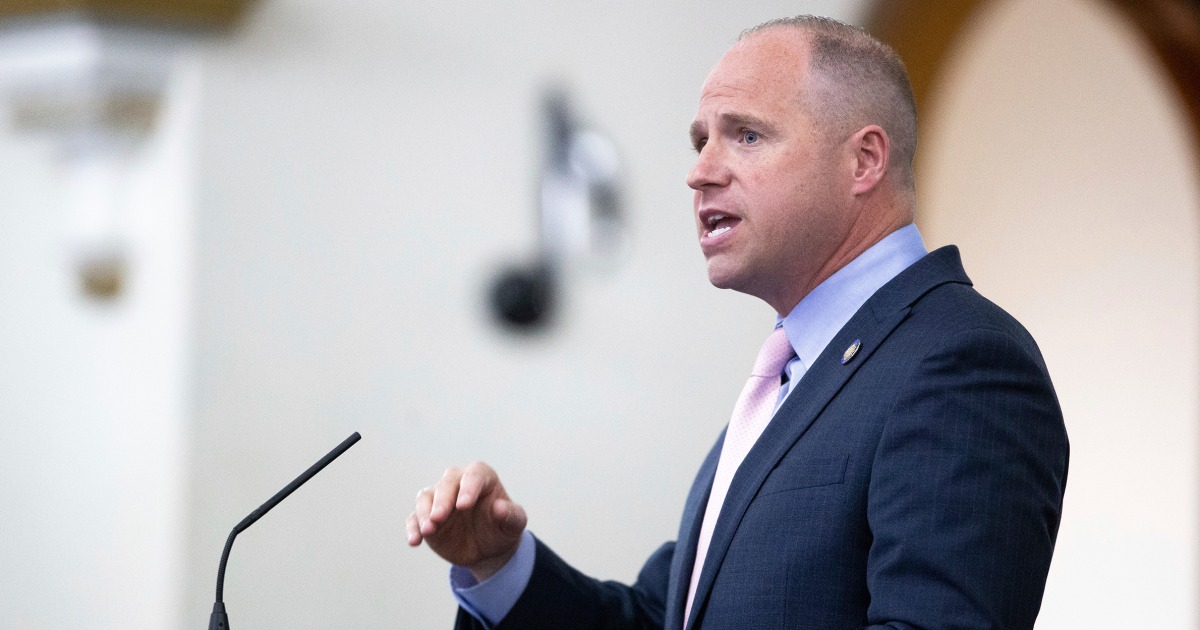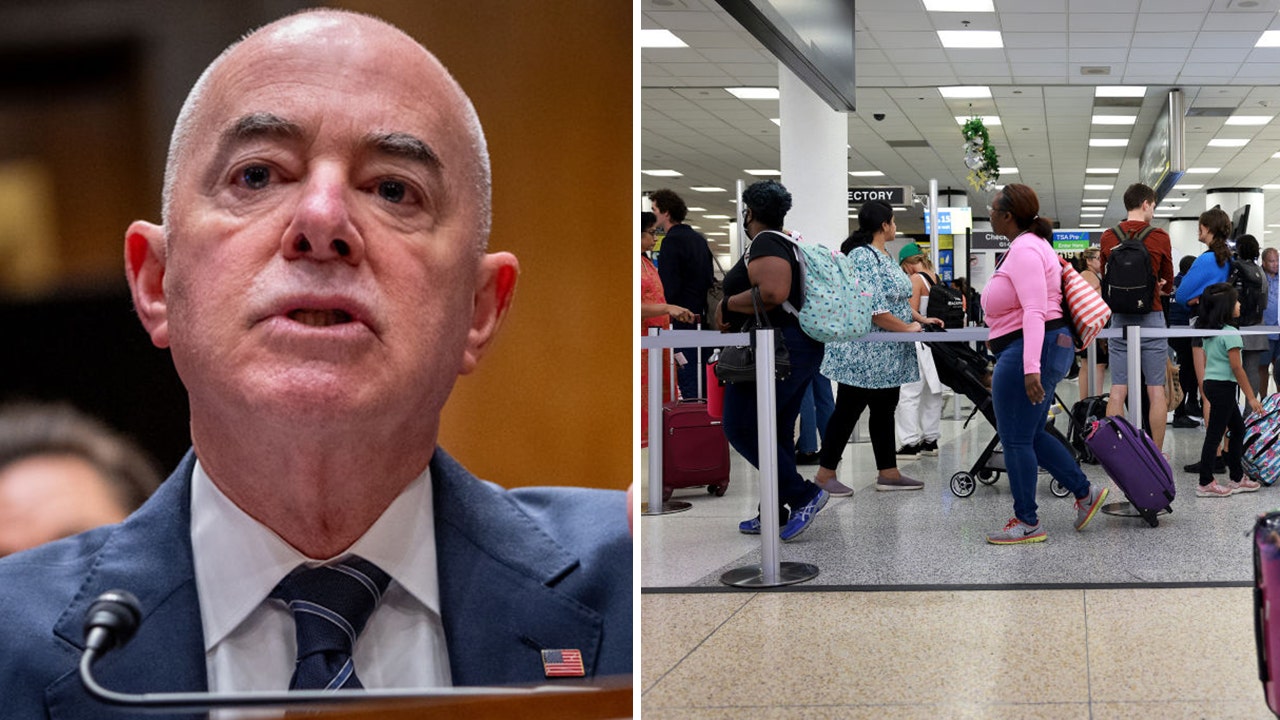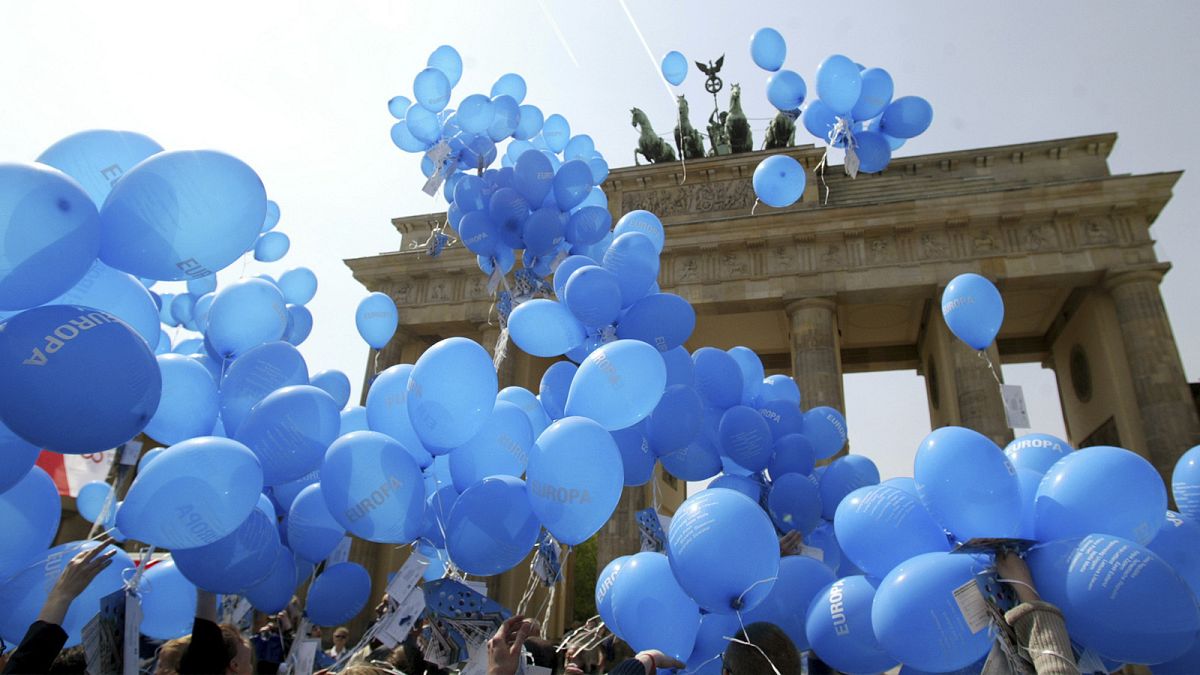- LATEST DEVELOPMENTS:
- Palestinian Authority working with US on postwar plan for Gaza – Bloomberg
- Israel says 92 soldiers killed in Gaza since ground war began on Oct. 20
World
US criticises Israel on Gaza civilian toll as UN to hear ceasefire demand
/cloudfront-us-east-2.images.arcpublishing.com/reuters/EDG6KXYIC5JLZBYKIG2E2SLZ6A.jpg)
GAZA/WASHINGTON, Dec 8 (Reuters) – U.S. Secretary of State Antony Blinken, in his strongest public criticism of Israel’s conduct of the war on Hamas in south Gaza, said there was a gap between the government’s declared intentions to protect civilians and the casualties.
“As we stand here almost a week into this campaign into the south… it remains imperative that Israel put a premium on civilian protection,” Blinken told a press conference after meeting British Foreign Secretary David Cameron in Washington on Thursday.
“And there does remain a gap between… the intent to protect civilians and the actual results that we’re seeing on the ground.”
Israel says it must wipe out the Hamas militant group after its attack on Israel two months ago and is doing everything possible to get civilians out of harm’s way, including warnings about military operations.
U.S. President Joe Biden spoke separately by phone with Israeli Prime Minister Benjamin Netanyahu and Jordan’s King Abdullah on Thursday. Biden “emphasized the critical need to protect civilians and to separate the civilian population from Hamas including through corridors that allow people to move safely from defined areas of hostilities,” the White House said.
More than 17,170 Palestinians have been killed and 46,000 wounded, according to the Gaza health ministry, since Oct. 7, when Israel began bombarding Gaza in response to a cross-border rampage by Iran-backed Hamas militants, who control the enclave. The Hamas attack killed 1,200 people, with 240 people taken hostage, according to Israel’s tally.
The Israeli military on Friday said 92 of its soldiers had been killed in Gaza fighting since its ground incursions began on Oct. 20.
CEASEFIRE DEMAND AT UN AS GAZA FIGHTING RAGES
Hundreds more Palestinians were killed as Israel fought Hamas militants in the Gaza Strip’s biggest cities on Thursday – 350 people, according to Gaza health ministry spokesperson Ashraf Al-Qidra. Israel said its forces killed a number of gunmen in Khan Younis, including two who emerged firing from a tunnel.
Arab states have renewed their push for an immediate humanitarian ceasefire in Gaza, with United Arab Emirates asking the U.N. Security Council to vote on Friday morning on a draft resolution.
The United States and ally Israel oppose a ceasefire, saying it would only benefit Hamas. Blinken is due to meet top diplomats from Arab states, including Egypt, on Friday in Washington.
The draft was amended to say both “the Palestinian and Israeli civilian populations must be protected in accordance with international humanitarian law” and to “demand the immediate and unconditional release of all hostages.”
A resolution needs at least nine votes in favour and no vetoes by the five permanent members – the United States, Russia, China, France or Britain – to be adopted. The U.S. does not support any further action by the council at this time.
[1/14]Smoke rises over Gaza, amid the ongoing conflict between Israel and the Palestinian Islamist group Hamas, as seen from southern Israel, December 8, 2023. REUTERS/Athit Perawongmetha Acquire Licensing Rights
As pressure mounts on Israel over the civilian toll of its war to destroy Hamas, the Palestinian Authority is working with U.S. officials on a plan to run Gaza after the war is over, Bloomberg News reported.
Citing Palestinian Prime Minister Mohammad Shtayyeh, it said the preferred outcome would be for Hamas to become a junior partner under the Palestinian Liberation Organization (PLO), helping to build a new independent state that includes the West Bank, Gaza and East Jerusalem.
“If they (Hamas) are ready to come to an agreement and accept the political platform of the PLO, then there will be room for talk. Palestinians should not be divided,” Shtayyeh said, adding that Israel’s aim to fully defeat Hamas is unrealistic.
KEREM SHALOM BORDER CROSSING TO OPEN
In a development that should help smooth the way for more humanitarian aid to reach Gaza, Israel agreed to a U.S. request to open the Kerem Shalom border crossing for the inspection of trucks and their cargo, a U.S. official said on Thursday.
Egypt, along with the United Nations, has been lobbying Israel to speed up an inspection process, which requires the vehicles to drive to Egypt’s border with Israel before looping back to Rafah. The number of trucks crossing daily has dropped to fewer than 100, from nearly 200 during a Nov. 24-Dec. 1 truce, according to the United Nations.
Kerem Shalom sits at Gaza’s southern border with Israel and Egypt and the crossing was used to carry more than 60% of the truckloads going into Gaza before war erupted two months ago.
With no end in sight to the fighting, a top White House national security aide, Jon Finer, said the United States had not given Israel a firm deadline to end major combat operations against Hamas in the Gaza Strip.
There are many “legitimate military targets” remaining in south Gaza, including “much if not most” of the Hamas leadership, Finer said at the Aspen Security Forum in Washington.
Meanwhile, hostages still held by Hamas have been kept incommunicado in Gaza despite Israel’s calls on the Red Cross to arrange visits and verify their wellbeing.
Marking two months since Hamas’ attack, the start of the Jewish festival of Hanukkah was a solemn moment for many in Israel.
Idit Ohel, whose son Alon, 22, was kidnapped by Hamas gunmen from an outdoor music festival where 364 people were killed, said she was hoping for a miracle.
“He doesn’t know it’s Hanukkah. I don’t think he knows the days, what’s day, what’s night,” said Ohel. “But he’s in our hearts all the time.”
Reporting by Bassam Masoud in Gaza, Maayan Lubell in Jerusalem, Humeyra Pamuk and Simon Lewis in Washington; Ahmed Mohamed Hassan in Cairo, Michelle Nichols at the United Nations and Gabrielle Tétrault-Farber in Geneva; writing by Grant McCool and Stephenj Coates; editing by Diane Craft
Our Standards: The Thomson Reuters Trust Principles.

Continue Reading
World
Arrest warrant issued for Central African Republic's former president over human rights abuses
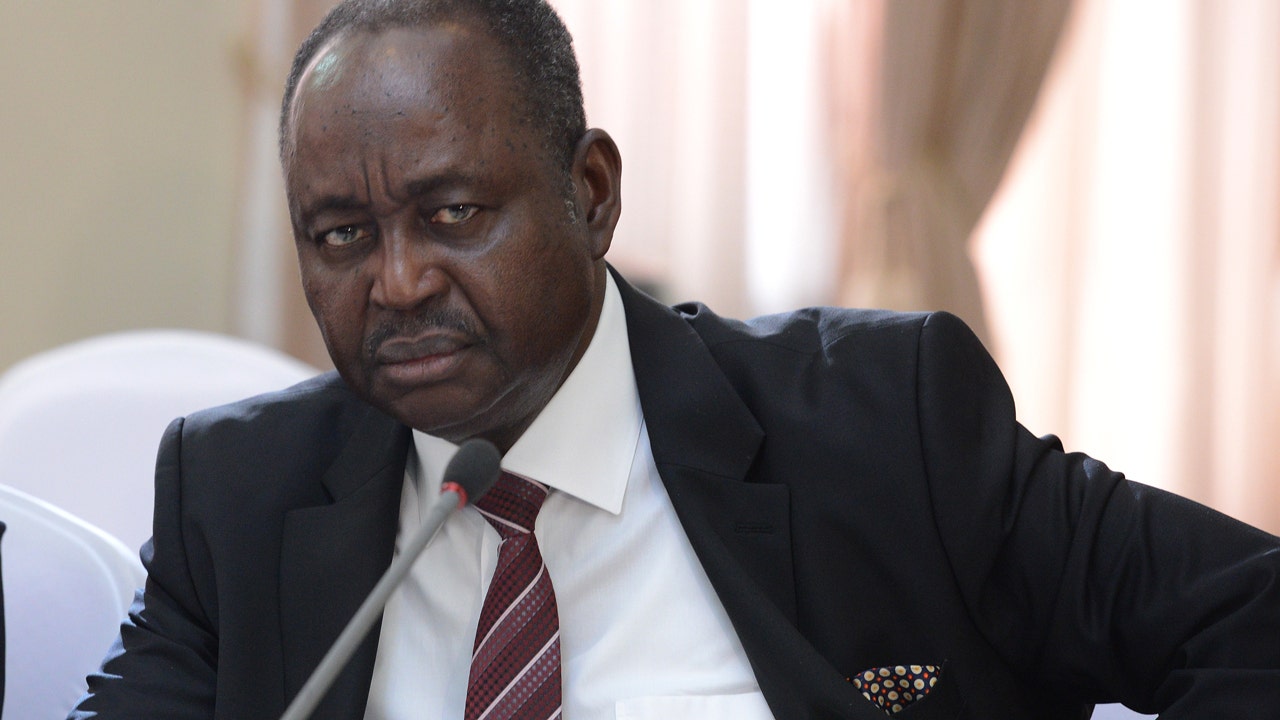
An internationally backed court in the Central African Republic issued an international arrest warrant Tuesday for the country’s exiled former President François Bozizé for human rights abuses from 2009 to 2013, a spokesperson said.
The Special Criminal Court was set up in the capital, Bangui, to try war crimes and other human rights abuses committed during the coups and violence that the country has experienced since 2003.
CENTRAL AFRICAN REPUBLIC REPORTS 10,000 CHILDREN STILL FIGHTING WITH MILITANT GROUPS
Court spokesperson Gervais Bodagy Laoulé said the warrant was for crimes committed under Bozizé’s leadership in a civilian prison and at a military training center in the city of Bossembélém where many people were tortured and killed.
A spokesperson for an internationally backed court in the Central African Republic says the panel has issued an international arrest warrant for exiled former President François Bozizé for human rights abuses. (SIMON MAINA/AFP via Getty Images)
The warrant covers crimes from 2009 to 2013 by the presidential guard and other security forces, Laoulé said.
Bozizé current lives in exile in Guinea-Bissau, where that country’s President Umaro Sissoco Embaló told the Associated Press that he had not received any request from Bangui about the arrest warrant, and that the country’s laws do not allow for extradition.
Ibrahim Nour, whose father was tortured and killed in the infamous Bossembélé prison, welcomed the arrest warrant.
“Justice may be slow, but it will eventually catch up with the executioners. That’s why I welcome the arrest warrant for the men who killed my father, and for whom we are waiting for explanations so that we can begin to mourn,” Nour said.
The court was created in 2015, but took several years to begin operating. Human Rights Watch has described its creation as a landmark to advance justice for victims of serious crimes.
Patryk Labuda, an expert in international criminal law at the Polish Academy of Sciences, told the AP that the warrant issued Tuesday sends a message about the court’s intention to prosecute wrongdoing by the state.
“This arrest warrant is certainly one of the most high profile developments in the 5 years the court has operated,” Labuda said.
Bozizé seized power in a coup in 2003, and was ousted by predominantly Muslim Seleka rebels a decade later. That led to a civil war between the rebels and mostly Christian militias marked by sectarian violence atrocities and the forced use of child soliders.
Both the U.S. and the United Nations targeted Bozizé with sanctions for fueling the violence.
The U.N., which has a peacekeeping mission in the country, estimates the fighting has killed thousands and displaced over a million people, or one-fifth of the population. In 2019, a peace deal was reached between the government and 14 armed groups, but fighting continues.
About 10,000 children are still fighting alongside armed groups in Central African Republic more than a decade after civil war broke out, the government said earlier this year.
“It’s a great day for us victims to learn that François Bozizé is the target of an international arrest warrant,” said Audrey Yamalé, a member of the Association of Victims of the 2013 Crisis. “But let’s not stop there. We would like Guinea Bissau to cooperate in his extradition.”
World
New York City police enter Columbia campus as Gaza protest escalates
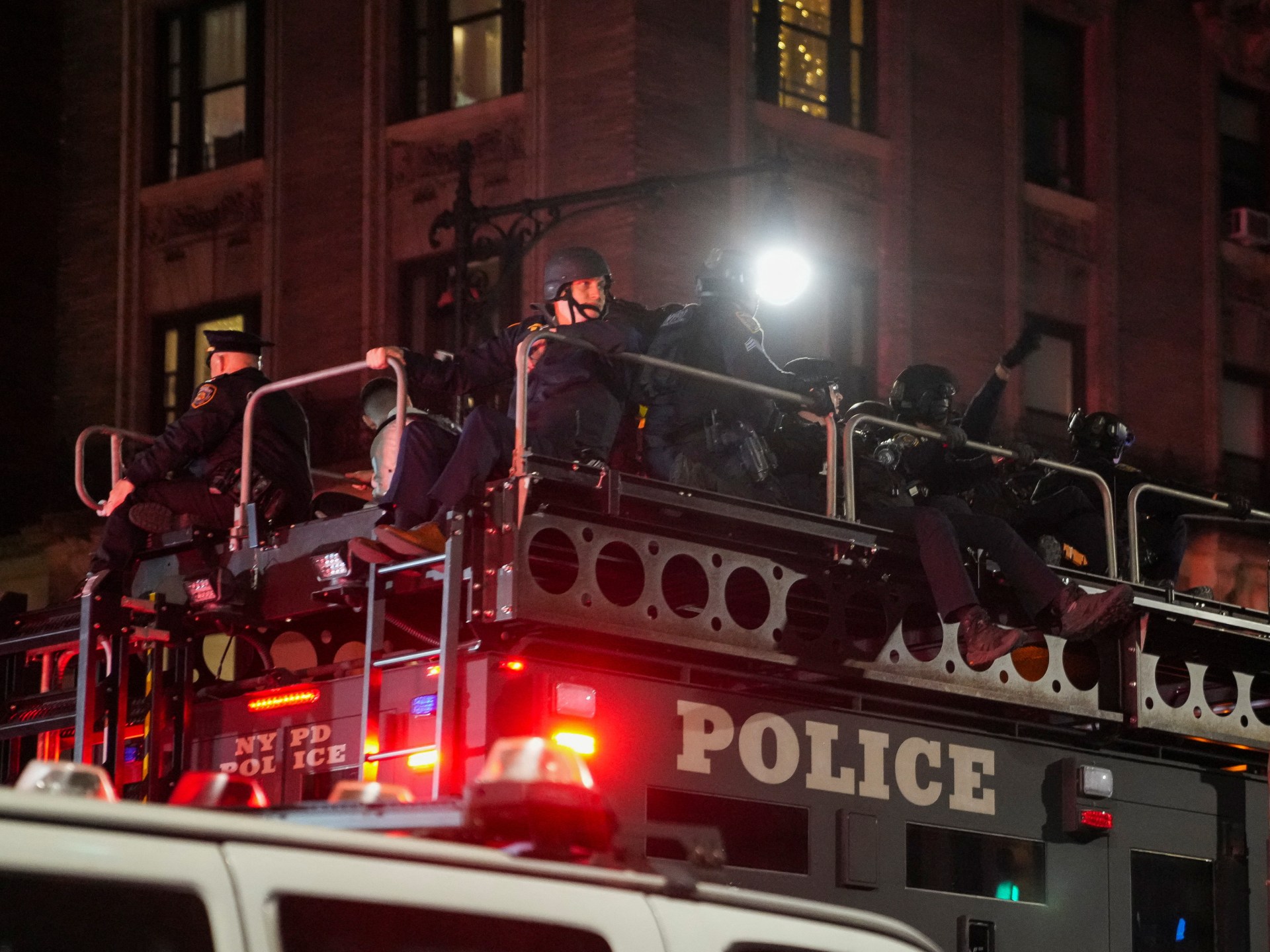
Protesters detained as police head for Hamilton Hall, which students began occupying on Tuesday morning, and the main campsite.
Large numbers of New York City police officers have entered the campus of Columbia University in the latest escalation in the Gaza protests that have swept dozens of universities, mostly in the United States.
The New York Police Department received a notice from Columbia authorising officers to take action shortly before they entered the campus late on Tuesday night, a law enforcement official who spoke on condition of anonymity told The Associated Press news agency.
Live television images showed police entering the campus in upper Manhattan, which has been the focal point of student protests against Israel’s war in Gaza, in which more than 34,535 Palestinians have been killed.
After entering the campus, some officers approached Hamilton Hall, the administration building that students began occupying early on Tuesday morning after the management said it had begun suspending students who had refused to meet a deadline to disperse on Monday.
They renamed the building “Hind’s Hall”, in memory of six-year-old Palestinian girl Hind Rajab who was killed in Gaza in February.
“We’re clearing it out,” police in a riot unit yelled as they marched up to the barricaded entrance to the building. Dozens more police marched to the protest encampment.
Columbia Students for Justice in Palestine said in a post on X that the police officers were “wearing riot gear” and that “multiple blocks have been barricaded off”.
A long line of police officers were seen climbing into the building from the top of a truck into a second-storey window. Dozens of other officers targeted the nearby protest encampment.
Shortly afterwards, officers were seen leading protesters, their hands tied behind their backs with plastic zip ties, to police vehicles outside the campus gates.
“Free, free, free Palestine,” chanted protesters outside the building. Others yelled “Let the students go”.
‘They’re students’
Dozens of protesters barricaded the entrances of Hamilton Hall after occupying Hamilton Hall on Tuesday. A student organiser who spoke to Al Jazeera said that the occupation group was separate from the group that had established a camp on the campus lawn.
At an evening news briefing held a few hours before police entered the campus, Mayor Eric Adams and city police officials alleged the Hamilton Hall takeover had been instigated by “outside agitators” who lacked any affiliation with Columbia and were known to law enforcement for provoking lawlessness.
Adams suggested some of the student protesters were not fully aware of “external actors” in their midst.
“We cannot and will not allow what should be a peaceful gathering to turn into a violent spectacle that serves no purpose. We cannot wait until this situation becomes even more serious. This must end now,” the mayor said.
One of the student leaders of the protest, Mahmoud Khalil, a Palestinian student at Columbia’s School of International and Public Affairs, disputed the claims.
“They’re students,” he told the Reuters news agency.
The protesters are calling for the university to sell off any investments linked to Israel, be transparent about its financial ties to the country, and provide amnesty from any disciplinary measures to all students participating in the rallies.
Universities across the US are grappling with growing protests at the same time as they prepare for end-of-year graduation ceremonies.
On Tuesday, police also fired tear gas at students who set up a Gaza solidarity camp at the University of Southern Florida in Tampa, according to videos from journalists and witnesses verified by Al Jazeera.
The videos also show police forces arresting two people at the protest scene.
World
House Republicans launch investigation into federal funding for universities amid campus protests
WASHINGTON (AP) — House Republicans on Tuesday announced an investigation into the federal funding for universities where students have protested the Israel-Hamas war, broadening a campaign that has placed heavy scrutiny on how presidents at the nation’s most prestigious colleges have dealt with reports of antisemitism on campus.
Several House committees will be tasked with a wide probe that ultimately threatens to withhold federal research grants and other government support to the universities, placing another pressure point on campus administrators who are struggling to manage pro-Palestine encampments, allegations of discrimination against Jewish students and questions of how they are integrating free speech and campus safety.
The House investigation follows several recent high-profile hearings that precipitated the resignations of presidents at Harvard and the University of Pennsylvania. And House Republicans promised more scrutiny, saying they were calling on the administrators of Yale, UCLA and the University of Michigan to testify next month.
“We will not allow antisemitism to thrive on campus, and we will hold these universities accountable for their failure to protect Jewish students on campus,” said House Speaker Mike Johnson at a news conference.
Nationwide, campus protesters have called for their institutions to cut financial ties to Israel and decried how thousands of civilians in Gaza have been killed by Israel following the deadly attack by Hamas on Oct. 7.
Some organizers have called for Hamas to violently seize Israeli territory and derided Zionism. Jewish students, meanwhile, have reported being targeted and say campus administrators have not done enough to protect them.
After Johnson visited Columbia last week with several other top House Republicans, he said “the anti-Jewish hatred was appalling.”
Republicans are also turning to the issue at a time when election season is fully underway and leadership needs a cause that unites them and divides Democrats. The House GOP’s impeachment inquiry into President Joe Biden has fallen flat and the Republican conference is smarting after a series of important bills left GOP lawmakers deeply divided. Democrats have feuded internally at times over the Israel-Hamas war and how campus administrators have handled the protests.
Senate Majority Leader Chuck Schumer, a New York Democrat, said in a floor speech Tuesday that it was “unacceptable when Jewish students are targeted for being Jewish, when protests exhibit verbal abuse, systemic intimidation, or glorification of the murderous and hateful Hamas or the violence of October 7th.”
Rep. Pete Aguilar, the No. 3 House Democrat, at a news conference Tuesday said that it was important for colleges “to ensure that everybody has an ability to protest and to make their voice heard but they have a responsibility to honor the safety of individuals.”
“For many of Jewish descent, they do not feel safe, and that is a real issue,” he said, but added that he wanted to allow university administrators to act before Congress stepped in.
But the Republican speaker promised to use “all the tools available” to push the universities. Johnson was joined by chairs for six committees with jurisdiction over a wide range of government programs, including National Science Foundation grants, health research grants, visas for international students and the tax code for nonprofit universities.
Without Democratic support in the divided Congress, it is not clear what legislative punishments House Republicans could actually implement. Any bills from the House would be unlikely to advance in the Democratic-controlled Senate.
But so far, the House hearings with university presidents have produced viral moments and given Republicans high-profile opportunities to denounce campuses as hotbeds of antisemitism. In December, the presidents of Ivy League universities struggled to answer pointed questions about whether “calling for the genocide of Jews” would violate each university’s code of conduct.
Rep. Elise Stefanik, the New York Republican who posed the question in the December hearing, said it became the highest-viewed congressional hearing in history. She also cast the campaign against antisemitism as part of a broader conservative push against what they say is overt liberal bias at elite American universities.
“Enough is enough,” she said. “It is time to restore law and order, academic integrity and moral decency to America’s higher education institutions.”
The House Committee on Education and the Workforce is also requesting that the administrators of Yale, UCLA and the University of Michigan appear at a hearing on May 23 that focuses on how they handled the recent protests.
“As Republican leaders, we have a clear message for mealy-mouthed, spineless leaders: Congress will not tolerate your dereliction of duty to your Jewish students,” said the committee chair, North Carolina Rep. Virginia Foxx.
At a hearing of the committee earlier this month, Columbia University’s president took a firm stance against antisemitism. But at the same time, a protest was underway on Columbia’s campus that would soon set off others like it nationwide. The university began suspending students this week in an attempt to clear the protest encampment on campus.
The university is also facing federal legal complaints. A class-action lawsuit on behalf of Jewish students alleges Columbia breached its contract by failing to maintain a safe learning environment.
Meanwhile, a legal group representing pro-Palestinian students is urging the U.S. Department of Education’s civil rights office to investigate whether Columbia’s treatment of the protesting students violated the Civil Rights Act of 1964.
-

 Education1 week ago
Education1 week agoVideo: Dozens of Yale Students Arrested as Campus Protests Spread
-

 World1 week ago
World1 week agoEU sanctions extremist Israeli settlers over violence in the West Bank
-

 World1 week ago
World1 week agoShipping firms plead for UN help amid escalating Middle East conflict
-

 Politics1 week ago
Politics1 week ago'Nothing more backwards' than US funding Ukraine border security but not our own, conservatives say
-

 Politics1 week ago
Politics1 week agoDemocrats hold major 2024 advantage as House Republicans face further chaos, division
-

 Politics1 week ago
Politics1 week agoFetterman hammers 'a–hole' anti-Israel protesters, slams own party for response to Iranian attack: 'Crazy'
-

 World1 week ago
World1 week agoPeriod poverty still a problem within the EU despite tax breaks
-
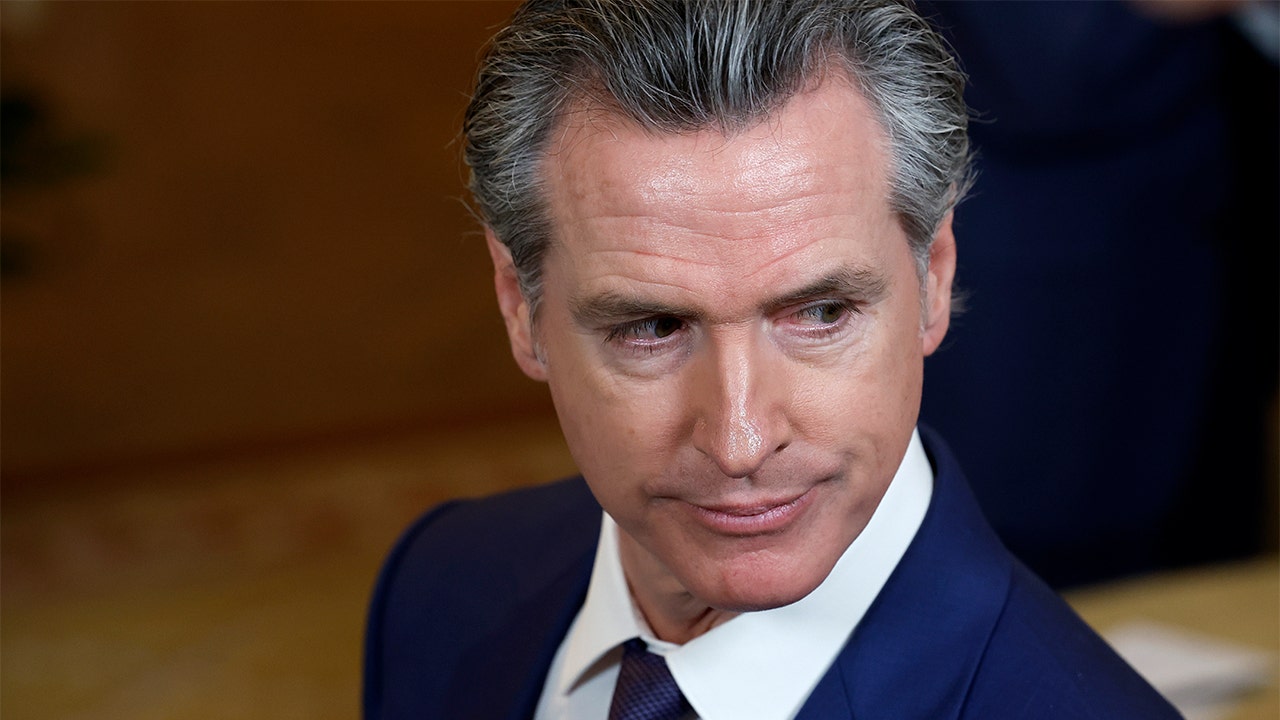
 Politics1 week ago
Politics1 week agoA battle over 100 words: Judge tentatively siding with California AG over students' gender identification
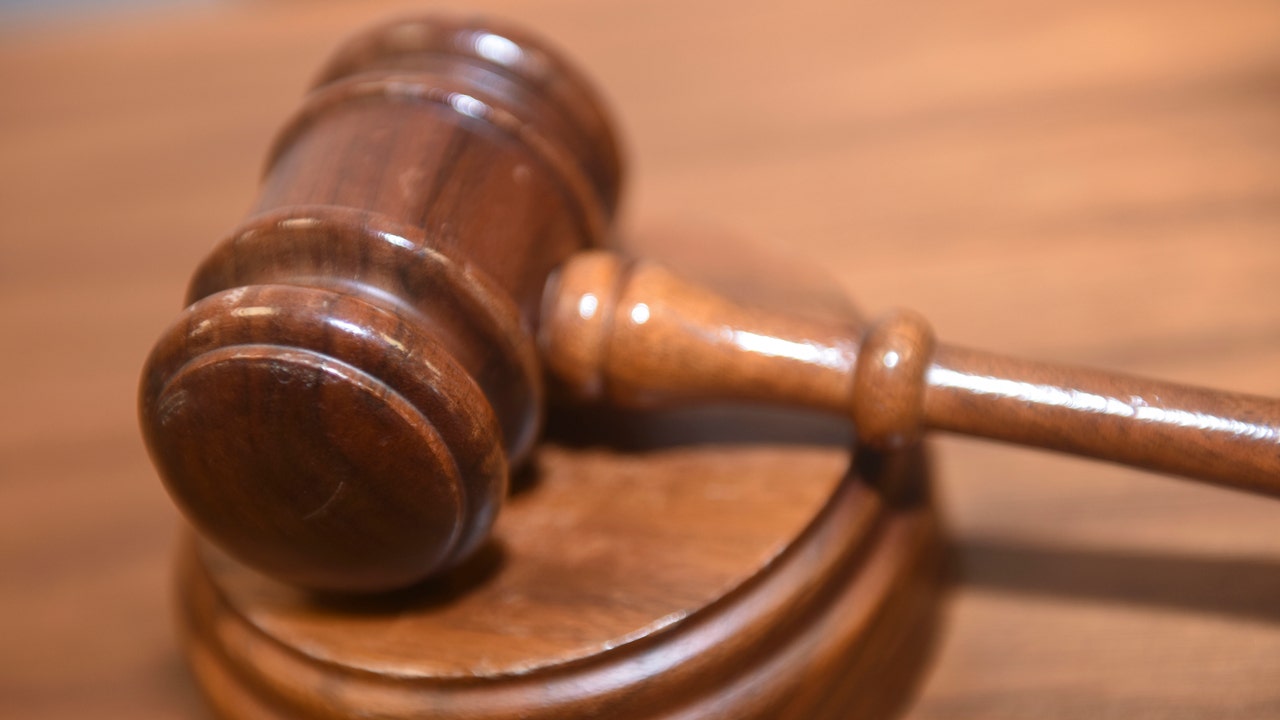
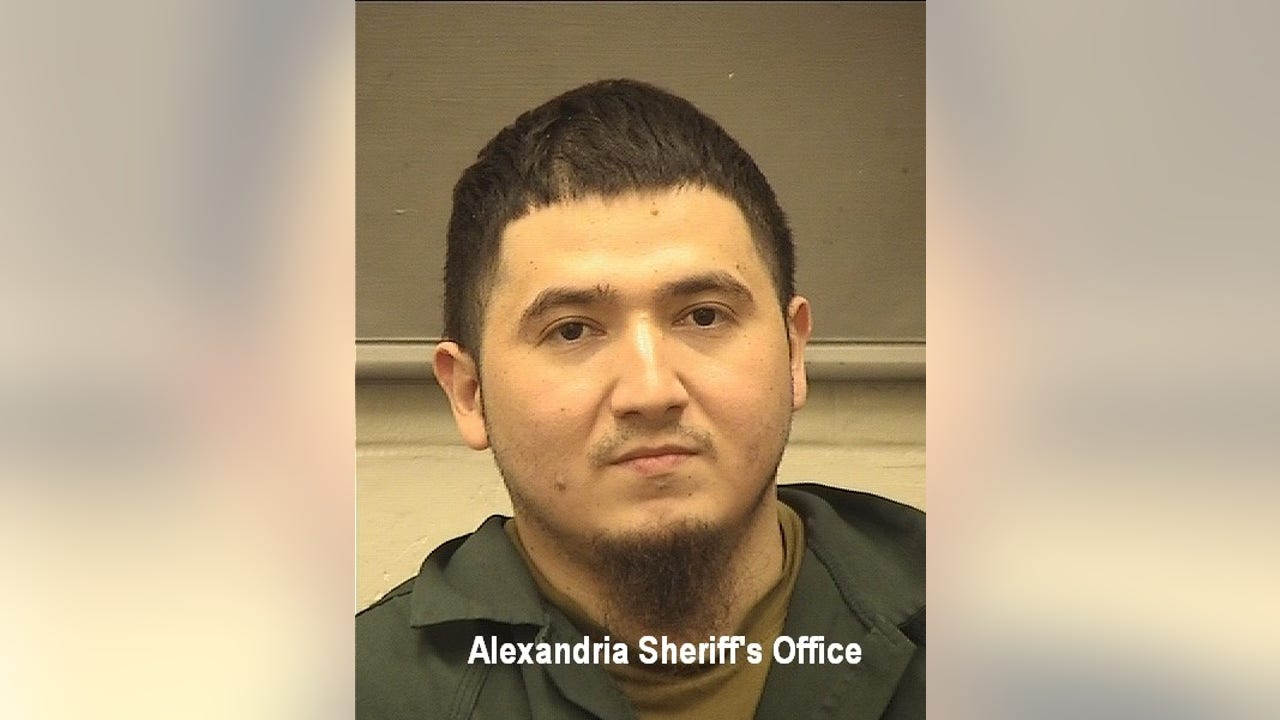
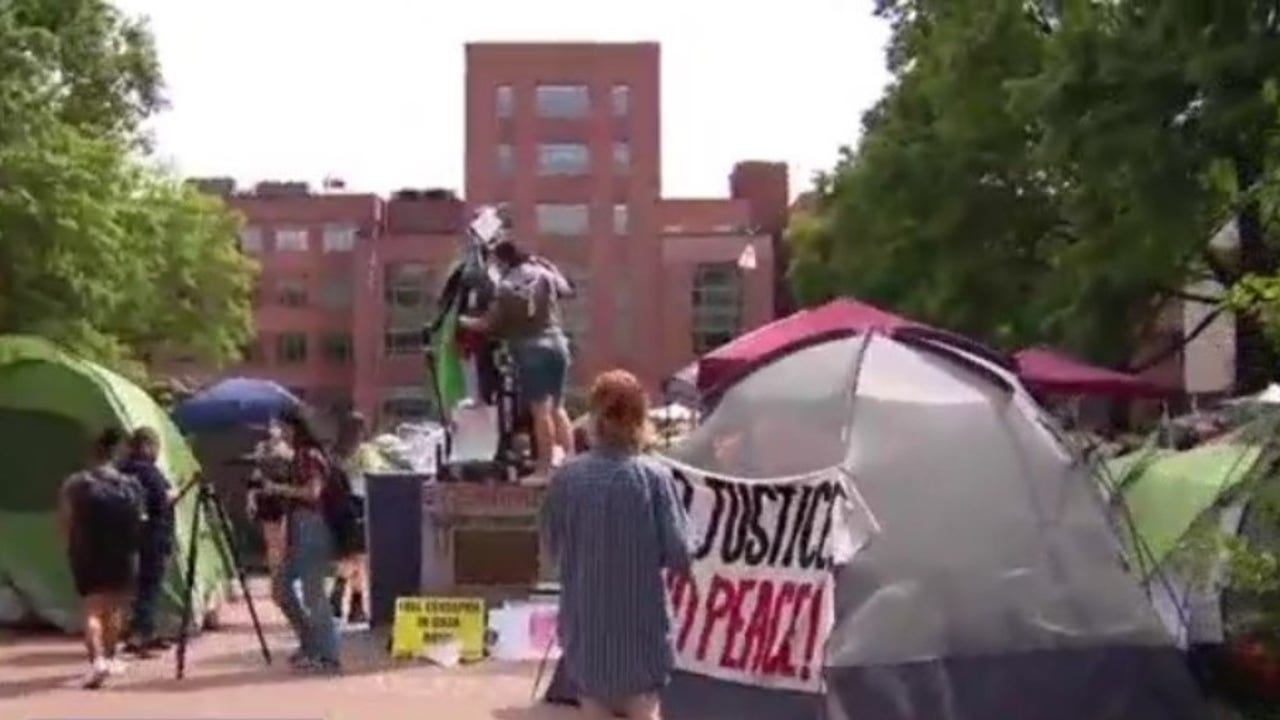
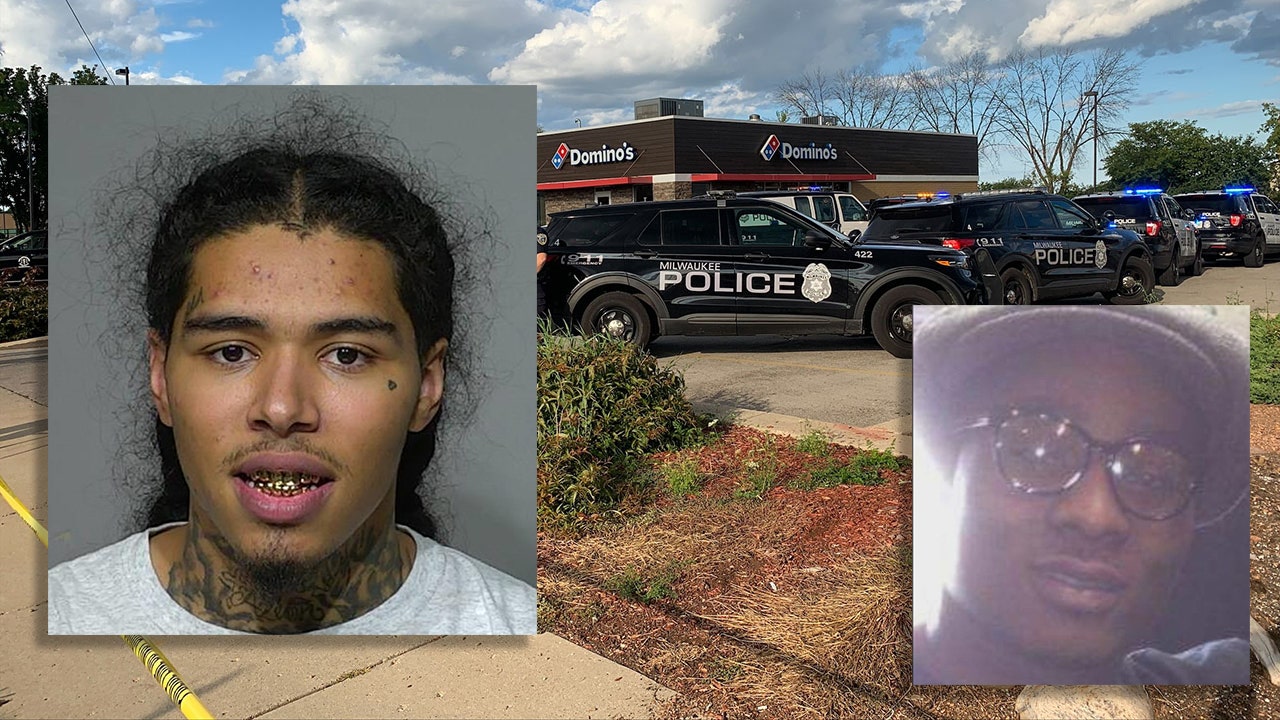



/cdn.vox-cdn.com/uploads/chorus_asset/file/25415491/DSC08587.JPG)
